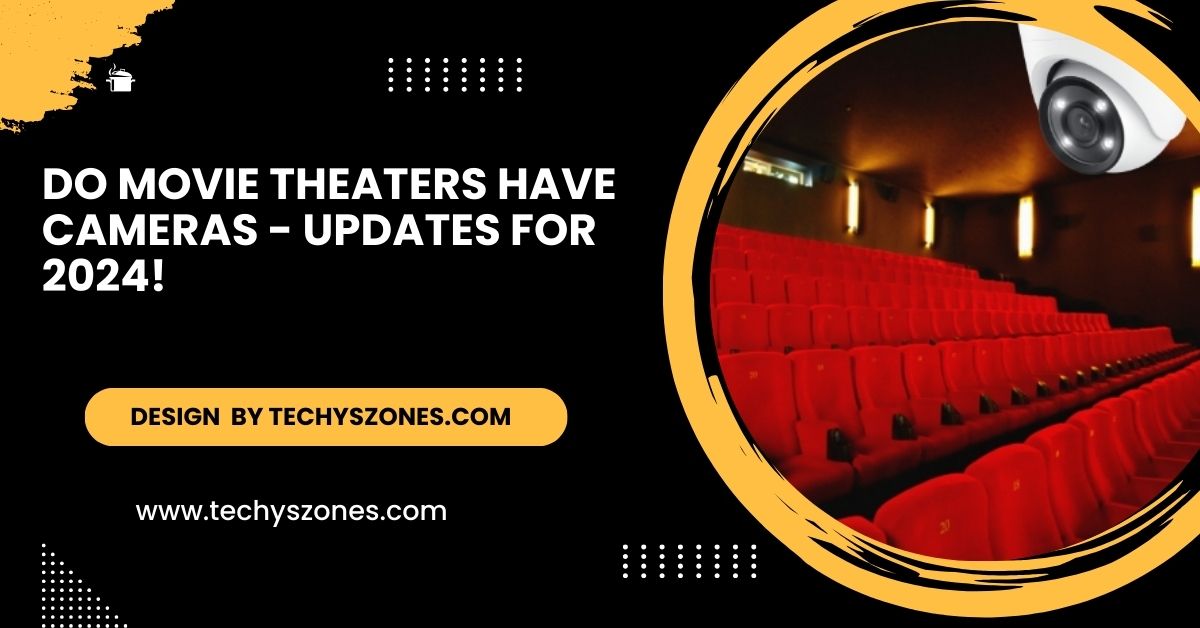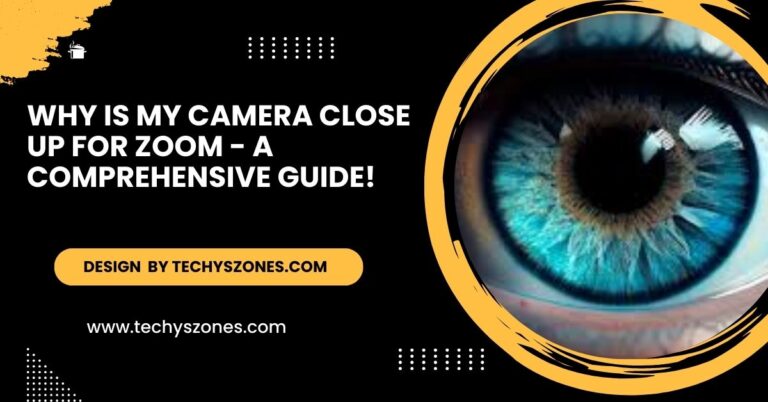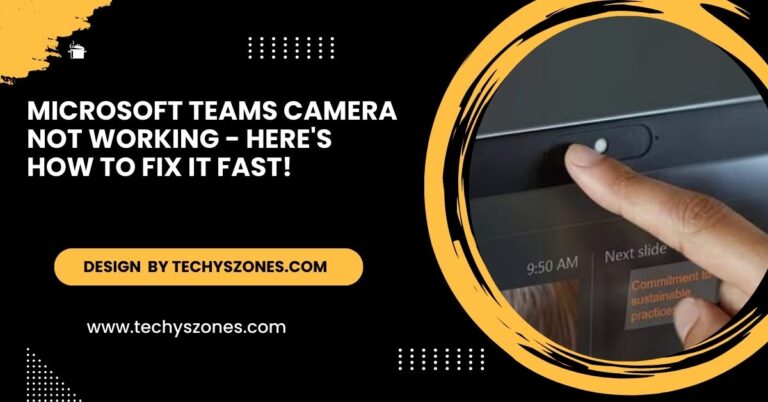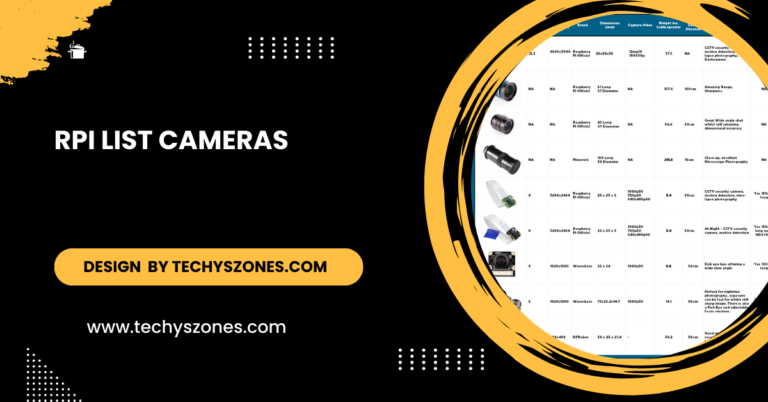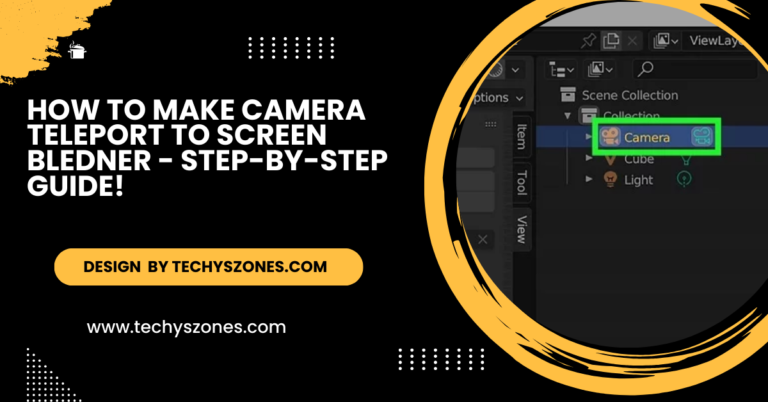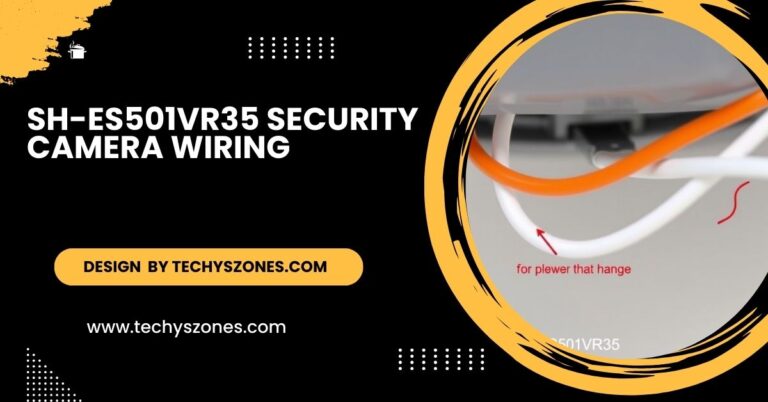Do Movie Theaters Have Cameras – Updates for 2024!
Movie theaters use cameras for security, safety, and piracy prevention, typically found in lobbies, exits, and auditoriums.
In this article, we’ll explore the reasons behind movie theatre cameras. This article will break down everything you need to know, from security and privacy concerns to where these cameras are located and what they are used for. Let’s dive in.
Why Do Movie Theaters Have Cameras?
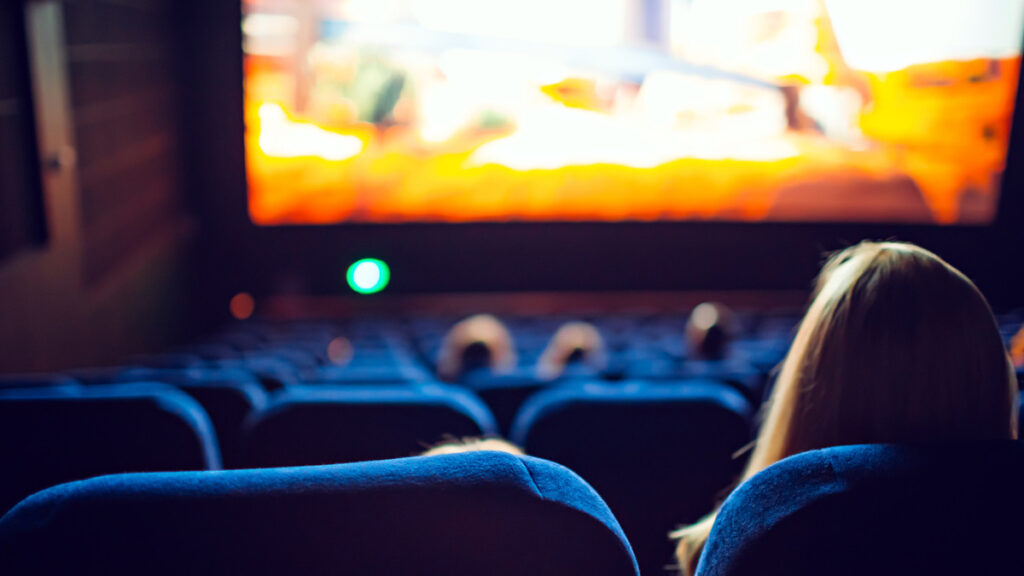
Do movie theaters have cameras? Yes! Movie theaters do indeed have cameras, but their presence is often misunderstood. Most modern theaters install cameras for the following reasons:
- Security and Safety: In any large public gathering space, security is a top priority. Theatres install cameras to keep an eye on what’s happening inside the venue and ensure that everyone is safe.
- Piracy Prevention: Movie piracy is a significant issue that costs the film industry billions each year. Movie theaters install cameras to prevent or catch people trying to record films with smartphones or camcorders.
- Theft Prevention: Although it’s rare for people to steal items inside the screening rooms, theaters still use cameras to deter such activities. Personal belongings left unattended.
- Customer Behaviour: Cameras can also help theater staff monitor the audience for any inappropriate or disruptive behavior, ensuring a pleasant movie experience for everyone.
Types of Cameras in Movie Theaters
Do movie theaters have cameras cameras of different types? Movie theaters use various types of cameras to maintain security, monitor behavior, and prevent piracy. Each camera type serves a different purpose depending on where it is installed and what it is designed to monitor. Below are the most common types of cameras you might find in movie theaters:
Standard Surveillance Cameras:
These are traditional security cameras that monitor high-traffic areas such as the lobby, concession stands, hallways, and exits. They are used to deter theft, monitor customer service areas, and ensure the safety of patrons. These cameras typically record during operational hours and store footage for review if an incident occurs.
Dome Cameras:
Dome cameras are commonly used in theaters because of their discreet appearance and wide coverage. The camera is housed in a dome-shaped cover, making it difficult for people to know which direction the camera is facing.
Night Vision Cameras:
Night vision cameras are used inside the actual screening rooms to monitor the audience during dark movie sessions. They employ infrared (IR) technology to capture footage in low-light or dark environments. This allows theater staff to watch for unauthorized recording, disturbances, or any safety concerns without the need for bright lighting.
Pan-Tilt-Zoom (PTZ) Cameras:
PTZ cameras offer the ability to pan, tilt, and zoom in on specific areas. They are often installed in theaters to give staff the flexibility to monitor large areas or zoom in on suspicious activity. These cameras can be manually controlled or programmed to follow specific patterns.
Bullet Cameras:
Bullet cameras are long, cylindrical cameras that are typically used to monitor specific, focused areas like exits, stairways, or ticket booths. They are named for their shape and can be installed indoors or outdoors. These cameras are often placed in fixed positions to cover targeted spots.
Hidden Cameras:
In some cases, theaters may use small, hidden cameras that are not easily visible to patrons. These cameras are used primarily to catch activities like movie piracy or unauthorized entry.
Read More: Are Traffic Cameras A Threat – A Deep Dive into Their Effectiveness!
Where Are Cameras Located in Movie Theaters?
So, do movie theaters have cameras in specific areas? Yes! the exact location of cameras can vary from one theater to another, certain areas are more likely to have surveillance cameras installed than others. Here’s a breakdown of common areas where cameras are found:
- Lobby and Concession Areas: Almost all movie theaters have cameras in the lobby and concession stand areas. These cameras are there to protect employees and customers and to monitor transactions at the ticket counters and snack bars.
- Hallways and Entrances/Exits: Do movie theaters have cameras at exits? Yes, they are often positioned there to monitor who enters and leaves. These areas are particularly important for safety reasons, as they allow theater staff to track people in case of emergencies or suspicious activities.
- Inside Auditoriums: Not all theatres have cameras inside the actual screening rooms, but those that do typically place them in inconspicuous locations like the back corners or near exits.
- Parking Lots: Do movie theaters have cameras outside? Larger theaters often install cameras in parking lots to ensure the safety of patrons arriving and leaving the theater. This can help deter car break-ins or other criminal activity.
How Do Movie Theater Cameras Work:
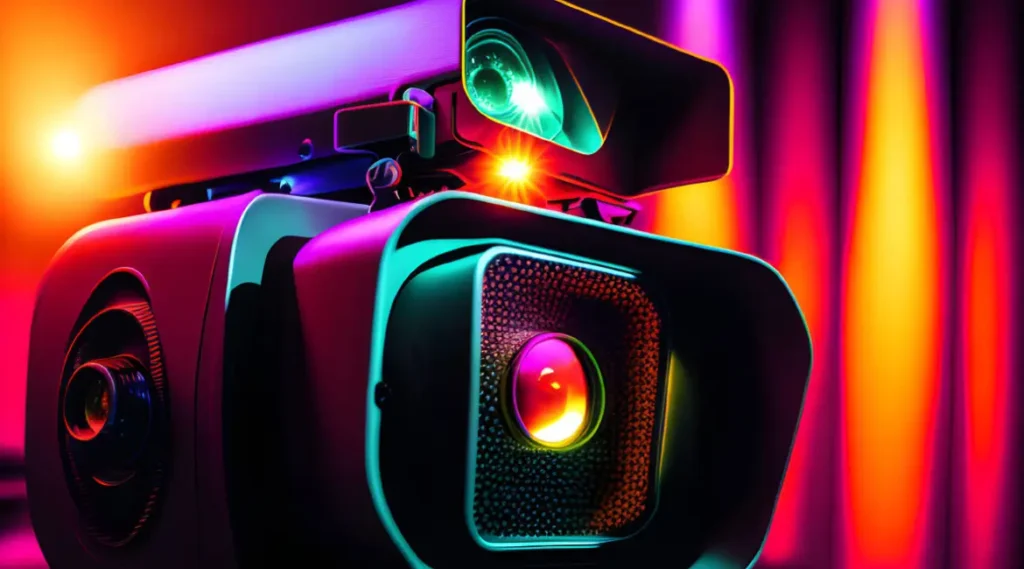
Do movie theaters have cameras with advanced features? Yes, Cameras inside movie theaters work just like any other security camera system. They are typically motion-sensitive and begin recording when they detect movement, especially in low-activity areas like exits or stairways. Here are the key features of movie theater camera systems:
- Wide-Angle Lenses: Cameras in theaters generally use wide-angle lenses to capture a broad view of the auditorium or hallway. This ensures that they can monitor a large area without needing too many individual cameras.
- Night Vision or Low-Light Capability: Because movies are shown in the dark, cameras in the auditoriums are often equipped with night vision or low-light sensors. This allows them to record even when the room is dimly lit.
- Limited Recording Duration: Movie theater cameras often only store recordings for a few weeks before they are overwritten, unless the footage is needed for an investigation.
Legality of Movie Theater Cameras:
The use of cameras in movie theaters raises questions about legality and privacy. While movie theaters are private businesses and have the right to monitor their premises, some specific laws and regulations govern how and where cameras can be used. Here’s an overview of the legal aspects of movie theater cameras:
Also related: Can I Have My Camera Off On Flingster – A Complete Privacy Guide!
Legal Use of Surveillance Cameras:
In most countries, including the United States, it is legal for businesses like movie theaters to use surveillance cameras for security purposes. These cameras are typically placed in public or semi-public areas such as lobbies, concession stands, hallways, and sometimes inside the auditorium.
Privacy Concerns in Movie Theaters:
While movie theaters are legally allowed to use cameras, the privacy of patrons must still be respected. Cameras are typically used to monitor general activity and ensure safety rather than focus on individuals. Here are some privacy-related considerations:
Movie Piracy Laws and Theater Cameras:
Movie piracy is illegal and can result in severe penalties. Cameras in theaters are often used to monitor and prevent recording devices from being used during a film screening. If caught recording a movie, a patron may face:
- Ejection from the Theater: Most theaters will ask patrons caught recording to leave immediately.
- Fines or Criminal Charges: Depending on local laws, recording a movie without permission can result in fines or even criminal prosecution. In the U.S., for example, the Anti-Camcording provisions of the PRO-IP Act impose strict penalties for illegal recording in theaters.
FAQ’s
1. Do theaters have night vision cameras?
Yes, many theaters use night vision cameras in auditoriums to monitor activity in low-light conditions and prevent piracy.
2. How do you know if a theater has cameras?
Look for surveillance signs, visible cameras, or ask staff; some cameras may also emit a faint infrared glow in the dark.
3. Is it okay to make out in a movie theater?
It’s generally considered inappropriate as it may disturb others, and staff could intervene if they notice through security cameras.
4. How to find a night vision camera in theatre?
Check dark corners, exits, or use your smartphone camera to detect infrared light, which could reveal night vision cameras.
5. Are movie theater cameras monitored?
Yes, but typically footage is reviewed only during or after an incident; they are not constantly watched in real-time.
Conclusion
So, do movie theaters have cameras? Yes, many theaters today have cameras installed for security, safety, and to prevent piracy. These cameras are not there to spy on you but to protect both the patrons and the theater itself.

